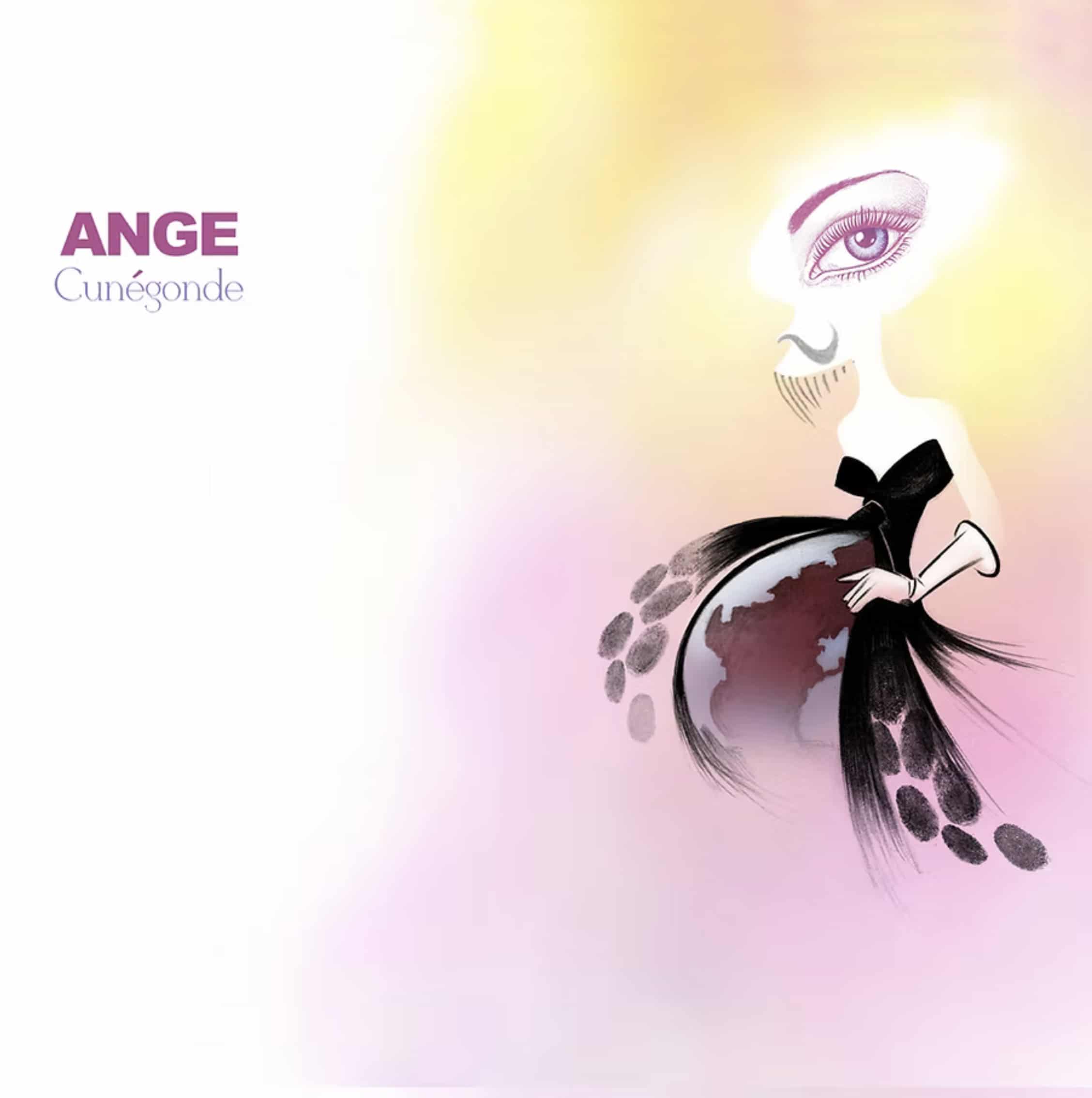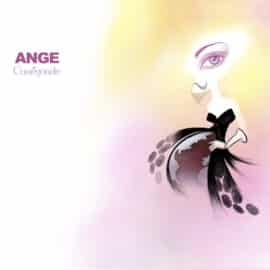| Prog' Rock |

If talking about Ange – the band – in 2025 gives you the impression of traveling back in time (to find yourself half a century earlier, in a post-Pompidorian France led by an uptight accordionist who can’t accept his baldness), welcome to the club. Having seen (and heard) them on May 6, 1975 at the Rotonde in Faches-Thumesnil (since renamed Salle Jacques Brel) at the time of their album “Émile Jacotey”, I admit to having some difficulty repressing a feeling of disbelief, mixed however with a certain admiration. Apart from Magma and Little Bob, what other French band from the same period has been able to overcome the countless hazards that have always stood in the way of the intrepid, unconscious souls who dared to dabble in rock in the land of stinky cheeses? Another point in common with the aforementioned: for each of them, if the name has endured, today only one original member remains (with Ange, no less than 25 musicians have succeeded one another at his side). And while Christian Décamps (interviewed HERE) bowed out of the stage on February 1st at the Olympia, here he is nevertheless back at the head of one of the most stable configurations of his long career. And not for a best of or a commemorative live album (as many of his Anglo-Saxon contemporaries commonly do, follow Black Sabbath with my gaze…), but with a studio album (their 23rd, to which should be added no less than 17 live albums) featuring nine new original compositions. In more than half a century, Ange’s sound has obviously evolved, but we still recognize the combination of two keyboards inaugurated in its time by the brothers Francis and Christian Décamps, and which the latter’s son, Tristan, took over at the turn of this millennium (now assisted by Séraphin Palmeri). After “Un Diamant Dans Le Cœur” (on which Tristan provides the lead vocal), “Fruits Et Légumes” (sung by his father Christian) first takes on a surprisingly new-wave appearance, XTC eighties style, before giving way to a prog flight with three keyboards and ascending guitar solo from the faithful (and no less excellent) Hassan Hajdi. “Le Langage Des Fluides” would not have looked out of place in the Yes repertoire circa “90125”, the rhythm section in place for a quarter of a century (Thierry Sidhoum and Benoît Cazzulini) weaving an impressive canvas. At the risk of upsetting some purists, with lyrics by Christian, the pacifist “Pace Nobilis” is not so far removed musically from “Mobilis In Mobile” by the Affaire Louis Trio (whose fertile creativity is too underestimated these days), just as “Prisonnier De l’Aube” is not unrelated to the world of Calogero. A tribute to the late maestro, “Ennio” is a majestic panegyric of Morricone’s Original Soundtracks, whether those he composed for Leone, Bertolucci, Joffé or Verneuil. Ultimately, it is tracks such as “Un Passage De Rêve”, “Cunégonde” and the impressive “Quitter La Meute” that best recall the early Ange period (especially with the evocative reinforcement of Christian’s subtly raspy voice). In conclusion, without giving in to a deadly nostalgia, Ange persists and signs in its celebration of a prog-rock as concerned with experimentation as it is determined to be part of its time. Tristan having made the commitment to perpetuate the flame at the head of the same crew, we are therefore not ready to see it extinguished. Until then, this album is as much a testament as it is a beautiful promise for the future: the Angels have neither age nor sex, and they are eternal…
Patrick DALLONGEVILLE
Paris-Move, Illico & BluesBoarder, Blues & Co
PARIS-MOVE, September 18th 2025
Follow PARIS-MOVE on X
::::::::::::::::::::::::::
